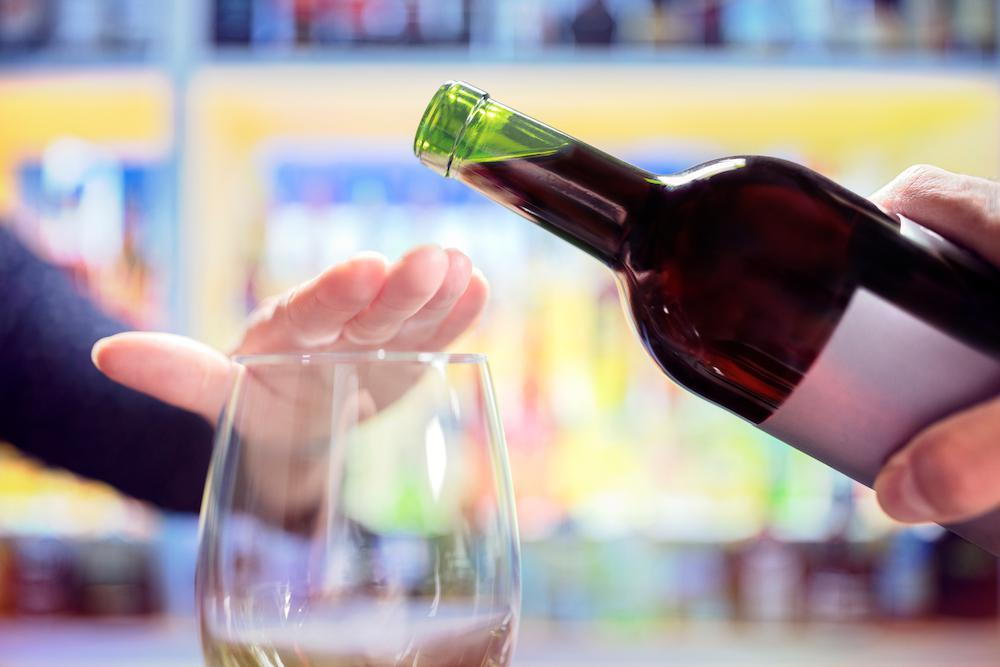
Eating a varied diet is important for maintaining good health, but if you have irritable bowel syndrome (IBS), you have to be extra careful when making food selections. That’s because some foods — including some very healthy options — can wind up triggering your symptoms or making them worse. One of the hallmarks of IBS is extra sensitivity to specific “stimuli” or triggers. Stress is one factor that can cause your symptoms to flare up, but for most people with IBS, the foods they eat play an even bigger role in triggering cramping, bloating and abnormal bowel activity. The good news is that it’s usually a lot easier to control your diet than it is to manage your stress levels. If you’ve been diagnosed with IBS, these diet tips can help reduce flare-ups and even prevent many uncomfortable symptoms.
Some types of high-fiber foods
Fiber is important for maintaining good bowel health and activity, and some studies show a high-fiber diet may also decrease the risk of developing certain cancers. But if you have IBS, it’s important to distinguish between soluble fiber, which is easily digested, and insoluble fiber, which can wind up triggering your symptoms. Foods with soluble fiber include beans, Brussels sprouts, oats, turnips, avocados, berries, sweet potatoes, oranges and pears. Foods high in insoluble fiber include white potatoes, whole-wheat foods, nuts and seeds, leafy greens, and many vegetables. Not all insoluble fiber-rich foods cause symptoms in everyone with IBS; keeping a food diary can help you identify which of these healthy foods cause symptoms and which don’t.
Dairy products
Dairy products like milk, cheese and yogurt are all full of calcium, which is important for building strong bones (and for lots of other health benefits, too). But most dairy products contain a fair amount of fat, and that can be a big trigger for many people with IBS. To reduce the risk of a flare-up, opt for low-fat dairy products (or fat-free, if they’re available). Some people with IBS are lactose intolerant; in that case, you can look for dairy products in which lactose (a type of sugar) has been removed or reduced. If you need to eliminate dairy entirely, first talk to the doctor about adding a calcium supplement.
Beans
Beans are a great source of fiber, and most beans contain plenty of other nutrients, too. If you have IBS, though, beans can cause a lot of distress — well beyond the gas typically associated with some types of beans. Even though ramping up your fiber intake can help with symptoms of constipation, you might want to look for options other than beans to reduce your risk of painful symptoms.
Caffeine
You might count on that morning cup of hot coffee to aid in bowel regularity, but the stimulants in caffeine — in coffee, tea, sodas and yes, even chocolate — can wind up irritating your bowel and making your symptoms worse. Many chocolate products also contain dairy and sugars, making them especially problematic. Try switching to an herbal tea or a vegan chocolate bar instead.
Anything fried
Fried foods are full of fat, and fat is a big trigger for most people with IBS. Even if the food itself is low in fat, cooking it by immersing it in hot oil or butter adds a lot of fat content to the final product. You could try air-frying foods to see if your symptoms subside, or, for an even healthier option, consider grilling or baking foods instead.
Alcohol
Alcoholic beverages can be difficult to digest, and many drinks contain high amounts of sugar, another common IBS trigger. Beer might be low in sugar, but because it contains gluten — another common IBS trigger — it can cause gas, bloating and cramping in some people with IBS. Finally, alcohol is dehydrating, and since your body needs an ample amount of water to perform digestion, consuming more than a little bit of alcohol can interfere with digestion and cause IBS symptoms to worsen.
Find relief for your IBS symptoms
At Hawaii Gastroenterology Specialists, we offer a comprehensive range of treatment options for IBS, helping patients get the most appropriate and most effective care based on their needs. To learn more about IBS treatment and how we can help you manage your symptoms, book an appointment online today.
